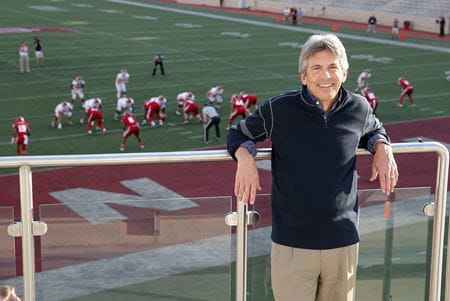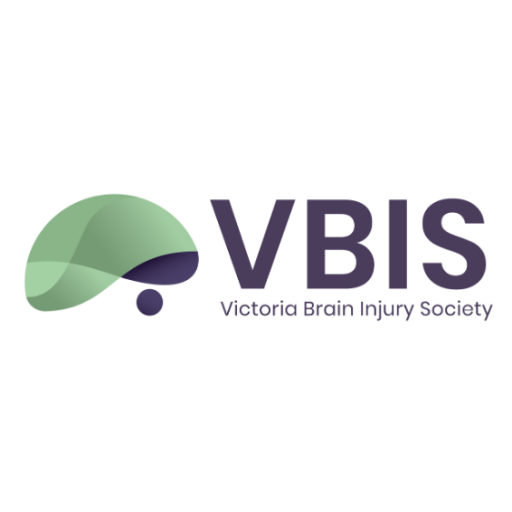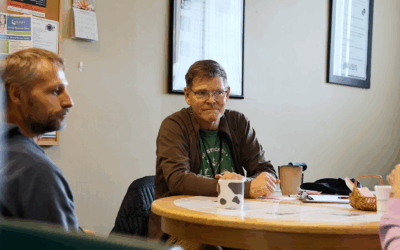By: Angela Bowers
According to medicinie.iu.edu, recent research is revealing that genetics may influence how susceptible a person is to brain injuries. Dr. Thomas McAllister, who is the Professor of Psychiatry and Neurology at Indiana University School of Medicine Department of Psychiatry, gives us insight. He explains how identical head impacts can cause a concussion in one person but not in another, highlighting the complexity of brain injury mechanisms. Some individuals develop concussions from smaller, repeated impacts rather than a single major blow.
In the CARE SALTOS Integrated Study (CSI), former collegiate athletes must go through extensive psychological and neurological tests, including brain scans, to better understand the effects of concussions. The study has involved participants from all 50 U.S. states and 20 countries, making it one of the most comprehensive concussion research efforts to date.

Findings show that concussion recovery varies significantly, with 80% of athletes recovering within four weeks and others needing additional time. McAllister emphasizes that recovery isn’t a simple process, debunking the myth that athletes are either fully healed within days or suffer long-term consequences. This significant understanding gives athletes more room to recover properly.
Notably, athletes from all sports were included, with football players showing a higher risk of concussion. Sensors in helmets tracked impact severity, revealing that some athletes sustain hard hits without concussions, while others experience symptoms despite lighter impacts. This suggests that individual factors, possibly including genetics, may influence concussion risk and recovery.
While genetic testing for concussion predisposition is still in the future, McAllister stresses the importance of monitoring injuries and taking them seriously. He advises parents and athletes to be cautious, especially if concussions become more frequent or harder to recover from. The CARE Consortium continues to seek answers to these complex questions, with hopes of long-term research to better understand the lasting effects of concussions.
Resources:



